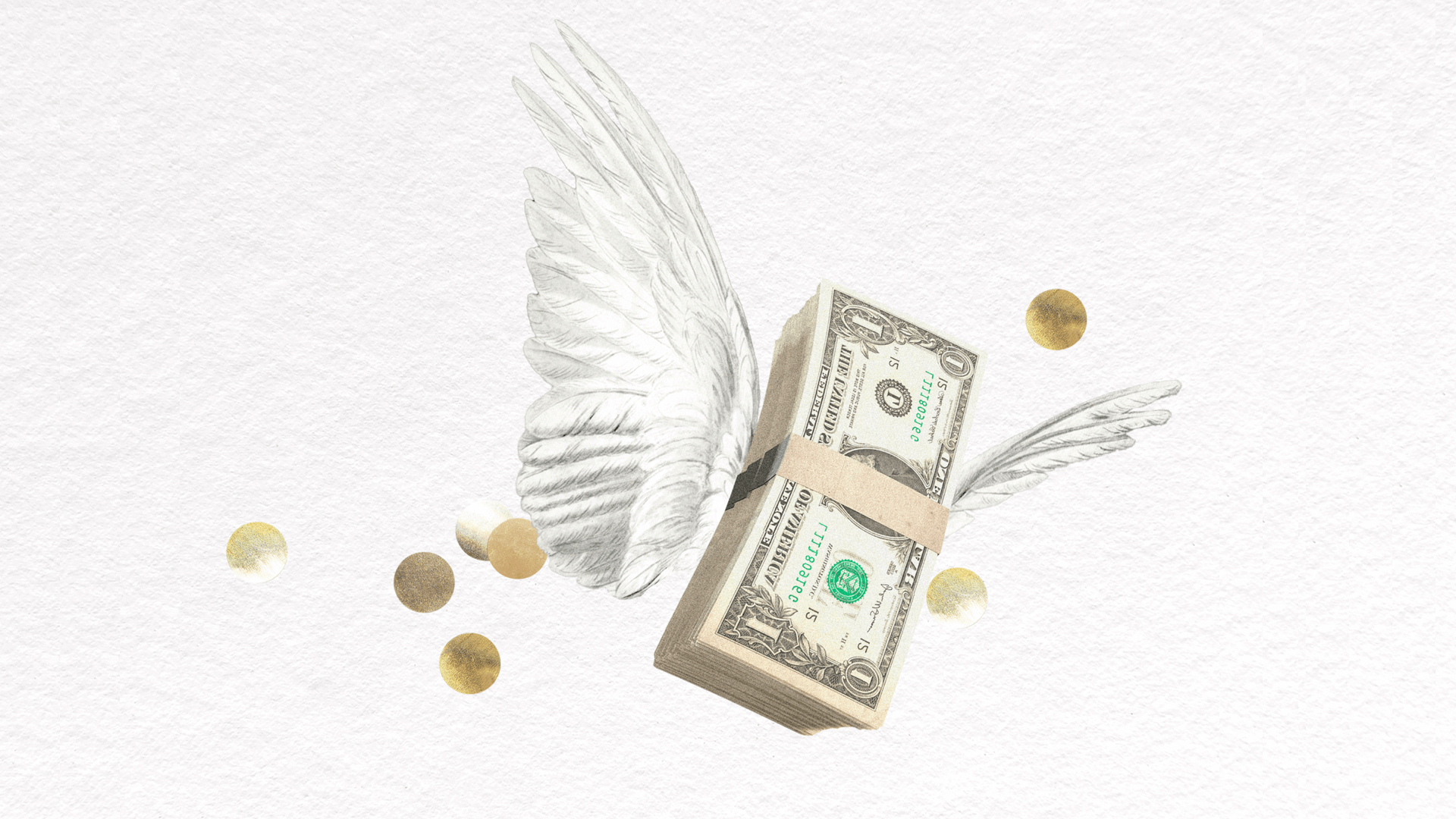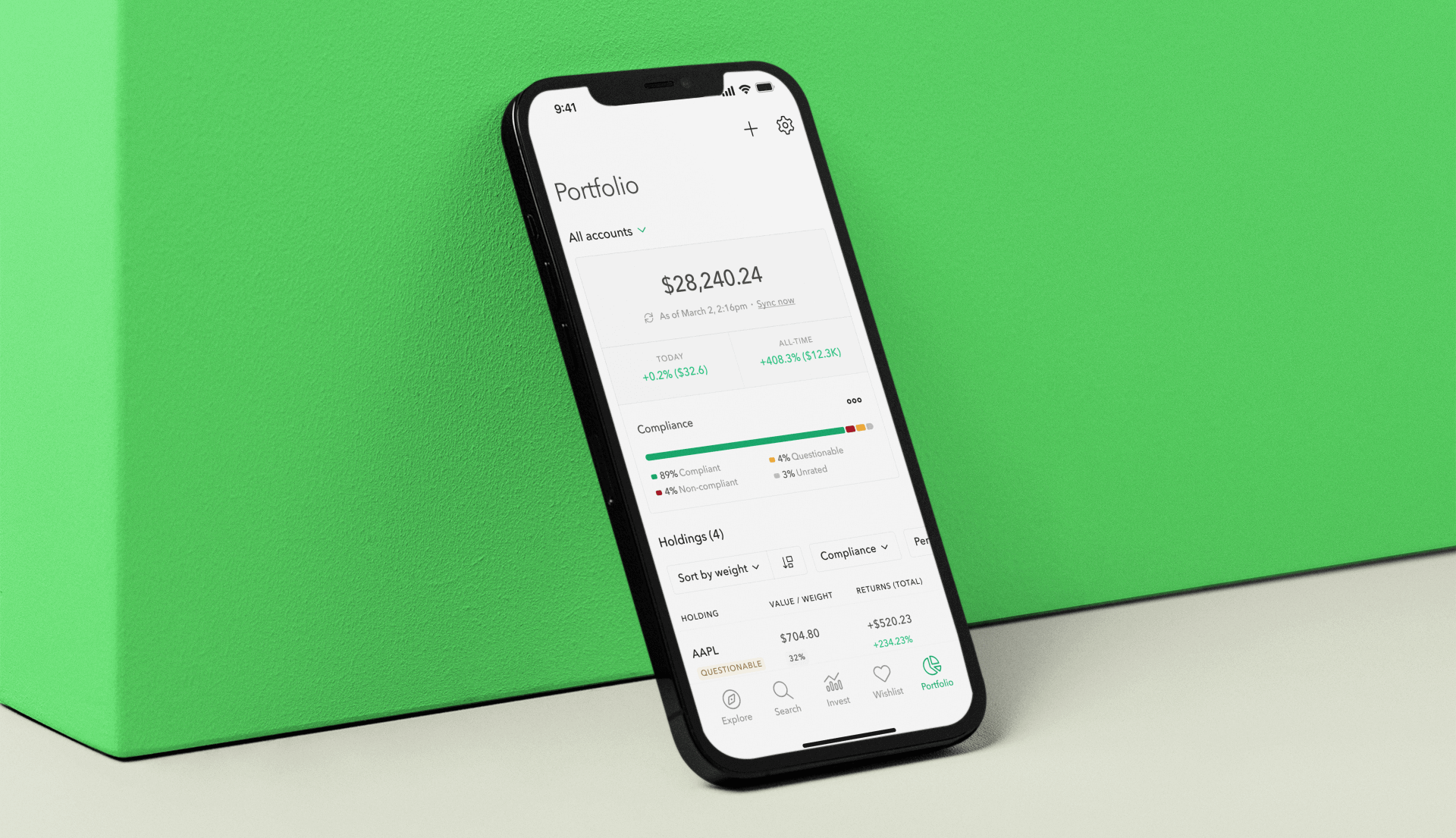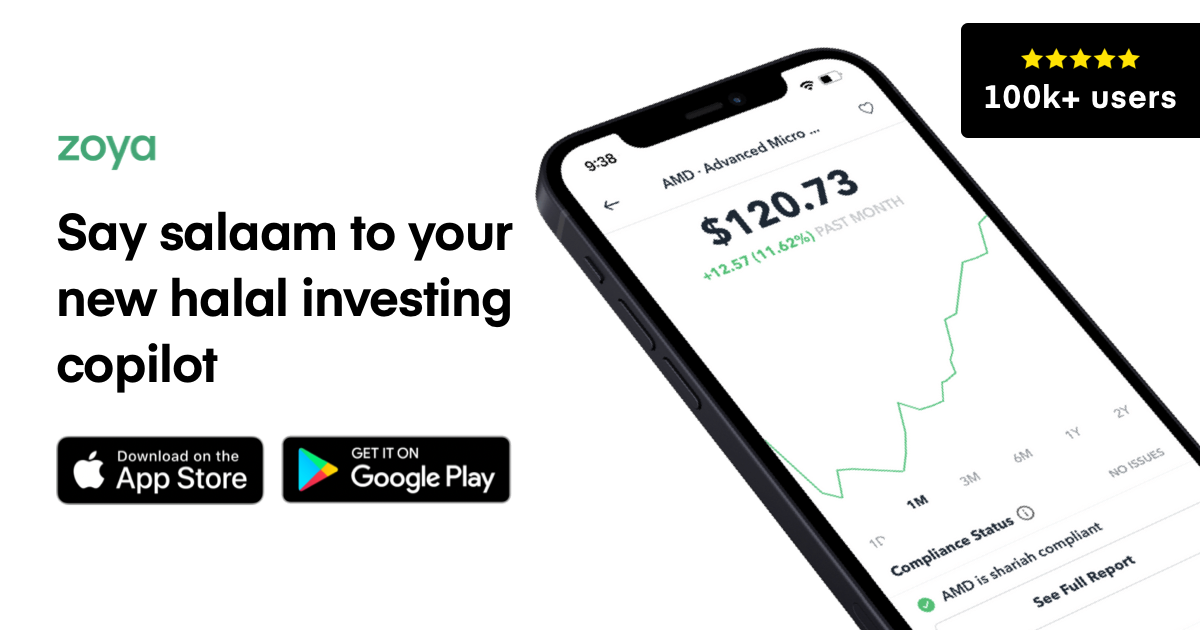7 Halal Ways To Beat Inflation

Inflation is on the rise and is truly a global problem. Advanced economies, emerging markets, and developing economies are all seeing an increase, although for different reasons.
It is important to inflation-proof your finances and investment portfolio wherever you are. A good starting point would be to figure out the level of inflation where you live and then incorporate a number of these investing/finance tactics in your portfolio.
In this article, I will share seven strategies you can use to hedge your finances against inflation, in a halal way. To mitigate its impact on your finances, it is important to have a solid plan that consists of a mixture of both assets and strategies.
1. Cut unnecessary expenditure
This should be done often, regardless of inflationary pressures. Go through your bank statements, look through each transaction individually, and identify things you can live without. It will also provide some relief and is an excellent exercise to understand where you are financially. In regard to your monthly payments, it’s worth checking that you are getting the best deals for any memberships or subscriptions that you may have.
2. Ask for a pay raise
Unfortunately, wages have not been keeping up with the cost of living. There is a worry that Britain will face its worst household income squeeze since the 1970s. If you want to assess your situation, this handy tool by the Office for National Statics in the UK (or this tool if you're in the US) calculates how much your salary would need to increase to keep up with the current inflation rate.
As the cost of living increases, this can make a good starting point to ask your manager to increase your salary. Start by ensuring you can provide your manager with a convincing argument about why you deserve an increase, not just because of inflation. Reasons could include higher performance, results, or mentioning that you have job offers outside the company (only if you do, of course!). It is common for workers to have their salary increased on the spot as they hand their notice in, as managers want to keep good staff and avoid the painstaking recruitment process, which could cost them a lot more in the long run.
Suppose you are lucky enough to be in a situation where you genuinely have an offer from elsewhere. In that case, you should not be shy in respectfully pushing for the maximum salary from both your current and potential employer.
One strategy you might take to ensure your wages rise along with inflation is asking for your salary to be inflation-adjusted. According to Mufti Faraz Adam of Amanah Advisors, this is completely acceptable from a shariah perspective.
"Time value of money (TVM), inflation or the loss of purchasing power is a reality and a recognised concept in Shariah. As such, scholars have permitted the indexation of wages and rental." - Mufti Faraz Adam
3. Halal savings accounts
Muslims cannot benefit from holding their money in traditional savings accounts at conventional banks as these accounts earn interest, which is haram. As a result, many Muslims opt to put their savings in a cash account (accounts that don’t generate returns). The problem with these accounts is that as inflation increases, your money devalues.
If you are fortunate enough to live in a country that has access to a shariah-compliant bank, you can utilize a halal savings account, which will grow your money through shariah-compliant investments. Typically, you will have the option to open either a fixed-term deposit account (where your money is held for a fixed period) or a notice account (where you can withdraw money sooner). The longer the fixed term, the better the return. One thing to keep in mind is that you could be subject to penalties if you withdraw your money before maturity.
You should shop around for the best deal and ask yourself how easily you want to access your money and whether you have any significant investments planned. Although you will likely not beat inflation by having all of your money in a halal savings account, they can be a good option for short to medium-term savings as they are low-risk and low-reward.
4. Stocks
Investing in stocks is likely the highest risk-reward strategy. The returns can, of course, be way above the inflation rate. However, it’s important that you invest in line with your risk appetite, as not doing so can lead to poor investment decisions.

During inflationary times, businesses suffer from increases in costs which affect their profit margins. In this instance, stocks with pricing power are generally a safer option. These companies can pass an increase in their costs onto their customers.
5. Commodities
Commodities are an inflation hedge and should make some part of your portfolio. They make up a wide range of assets, such as metals, oil, and electricity. They can also be volatile, as when prices rise, so do commodities. Recently, we have seen this with the Russia/Ukraine conflict, where energy prices have risen.
Gold is classed as a commodity and has traditionally been a safe asset for investors; however, it has suffered some volatility. As governments increase interest rates, you won’t benefit from higher yields.
When purchasing commodities, you need actual ownership of the underlying asset for it to be a shariah-compliant transaction. Many commodities trading platforms are based on contract for difference (CFD) agreements, which are not shariah-compliant since you don't own the asset you're trading.
One way to invest in commodities is through exchange-traded funds (ETFs). A few shariah-compliant options on US-listed exchanges include:
- abrdn Physical Precious Metals Basket Shares ETF (Ticker: GLTR)
- iShares Gold Trust (Ticker: IAU)
- iShares Silver Trust (Ticker: SLV)
- SPDR Gold Trust: (Ticker: GLD)
- SPDR Gold MiniShares Trust (Ticker: GLDM)
6. Sukuk
A sukuk, also known as an Islamic bond, is used to raise funding for large projects. However, there are some key differences compared to conventional bonds. The most critical difference is the asset-backed nature of these instruments. For example, when you invest in a sukuk, you own some goods (e.g., land, equipment) and receive shares in profit. In contrast to a conventional bond, where you are a lender and receive payments in interest.
Sukuk can be a good inflation peg because they provide a vehicle to allow people to invest in a project during times of financial difficulties and high inflation. A well-planned sukuk venture should be designed to deliver returns that exceed inflation. Unfortunately, they are not easily accessible and nowhere near as abundant as traditional bonds. Nonetheless, they are a shariah-compliant option for Muslim investors.
One place to invest in them is through specialist funds. Some examples include:
- SP Funds Dow Jones Global Sukuk ETF (Ticker: SPSK)
- Azzad Wise Capital Fund (Ticker: WISEX)
- Amana Participation Fund (Ticker: AMAPX)
7. Real Estate
During the pandemic, real estate prices skyrocketed as interest rates dropped and the demand for housing increased faster than the supply of new housing. Currently, there is no real fear that prices will drop and we have seen them consistently rise for many years, making it a good place to store and grow your wealth.
If you have the cash, you could invest by purchasing yourself. Alternatively, if you don’t have a lot of money, you can do it through a property investment company or by buying shares in a REIT (Real Estate Investment Trust). Shariah-compliant property crowdfunding companies, such as Yielders in the UK, and halal ETFs such as the SP Funds Global REIT Sharia ETF (Ticker: SPRE) in the US give Muslim investors a hands-off option.
Although prices have steadily risen, one of the things to watch out for is how an increase in the interest rate will affect you, especially depending on how you finance your purchase.
Which strategy is right for you?
Each strategy listed above has different risk-reward thresholds. Diversifying your investment portfolio with a mixture of these strategies will allow you to mitigate risk and grow your wealth to beat inflation, which is the ultimate goal.

Zoya: Halal Stocks, ETFs, Mutual Funds
Zoya makes halal investing easy by helping you build and monitor a shariah compliant investment portfolio with confidence and clarity.
